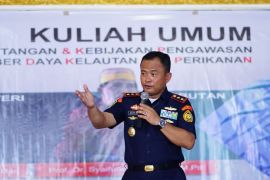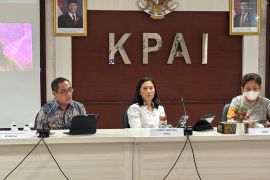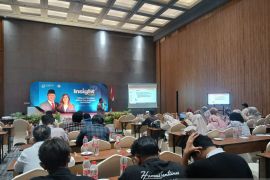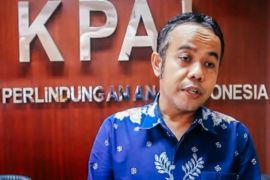According to a UNA statement received on Thursday, the event brought together more than 350 journalists from news agencies in OIC Member States as well as media professionals from other institutions.
It aimed to improve the quality of media production and raise awareness among media practitioners about the ethical use of AI technologies.
Titled “Ethics of Using AI Technologies and the Impact of Their Hallucinations on Media Content,” the workshop explored the ethics of AI use, the development of AI applications, and the effects of AI hallucinations on news and media integrity.
UNA Director General Mohammed Al-Yami reiterated his warning about the growing challenges posed by AI in the media landscape. He underscored the need to address these challenges in a way that aligns with the values and principles guiding professional journalism.
Al-Yami emphasized that while AI outputs may appear automated, their origins are entirely human - from programming and data structuring to algorithm design.
He noted that, as a result, AI systems are prone to human bias, stereotyping, and the promotion of political or ideological agendas disguised as objectivity.
He pointed out that differences in responses produced by AI systems to the same question, depending on political or historical context, illustrate the importance of recognizing such biases.
Al-Yami also stressed the importance of data privacy, calling for compliance with national laws and media regulations. He highlighted the need to distinguish between content produced entirely by humans, content created with partial AI assistance, and content generated solely by AI.
He further raised concerns about intellectual property rights, explaining that AI systems automatically store inputted text and may reuse it in ways that violate copyright protections. He described this as one of the most serious challenges facing the media industry.
At the same time, Al-Yami warned against relying on certain AI models that may produce inaccurate information, potentially compromising the credibility and accuracy of journalistic work.
ICAIRE Director Dr. Abdulrahman Habib discussed the ethics, challenges, benefits, and risks associated with AI use. He noted that while AI offers significant advantages to the media sector, its reliance on algorithms often leads to bias across various topics.
Habib identified this bias as one of the most pressing issues, along with deepfake manipulation in images and videos, and the growing dependence of individuals on AI, which could diminish human creativity and critical thinking skills.
He described AI hallucination as a complex phenomenon that sometimes leads developers to attempt solving AI-related problems using AI itself, shifting between models or systems without reaching definitive solutions.
Habib cited examples of hallucinations in the media, including AI-generated false articles, misinformation, and the publication of content that infringes on intellectual property rights.
He urged journalists to understand and manage AI responsibly, given its ethical and legal implications and the fact that most AI systems are built on inherently biased datasets.
Related news: UN calls for a more humane information space
Related news: RI Govt pushes AI literacy to boost media and public awareness
Reporter: Katriana
Editor: Primayanti
Copyright © ANTARA 2025











